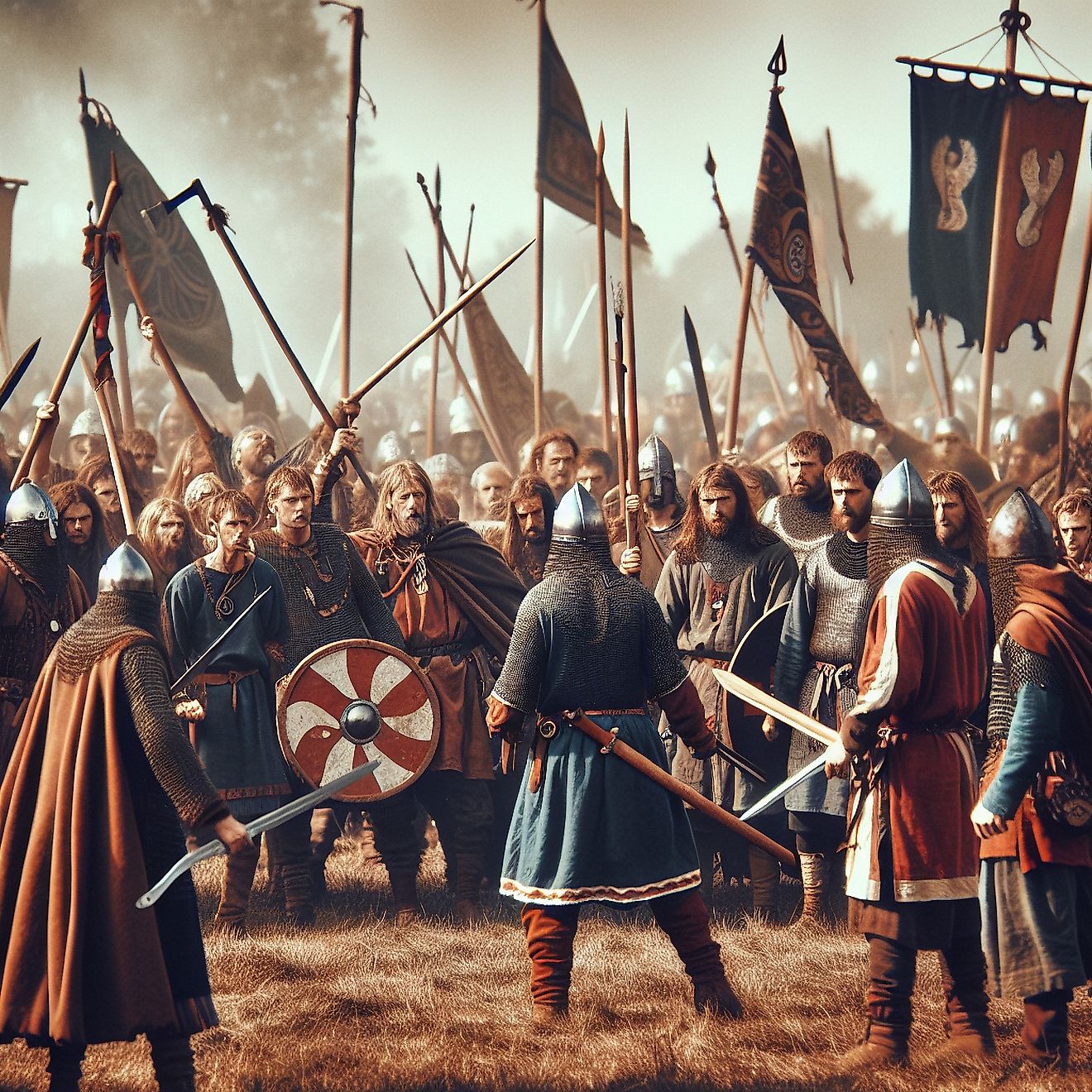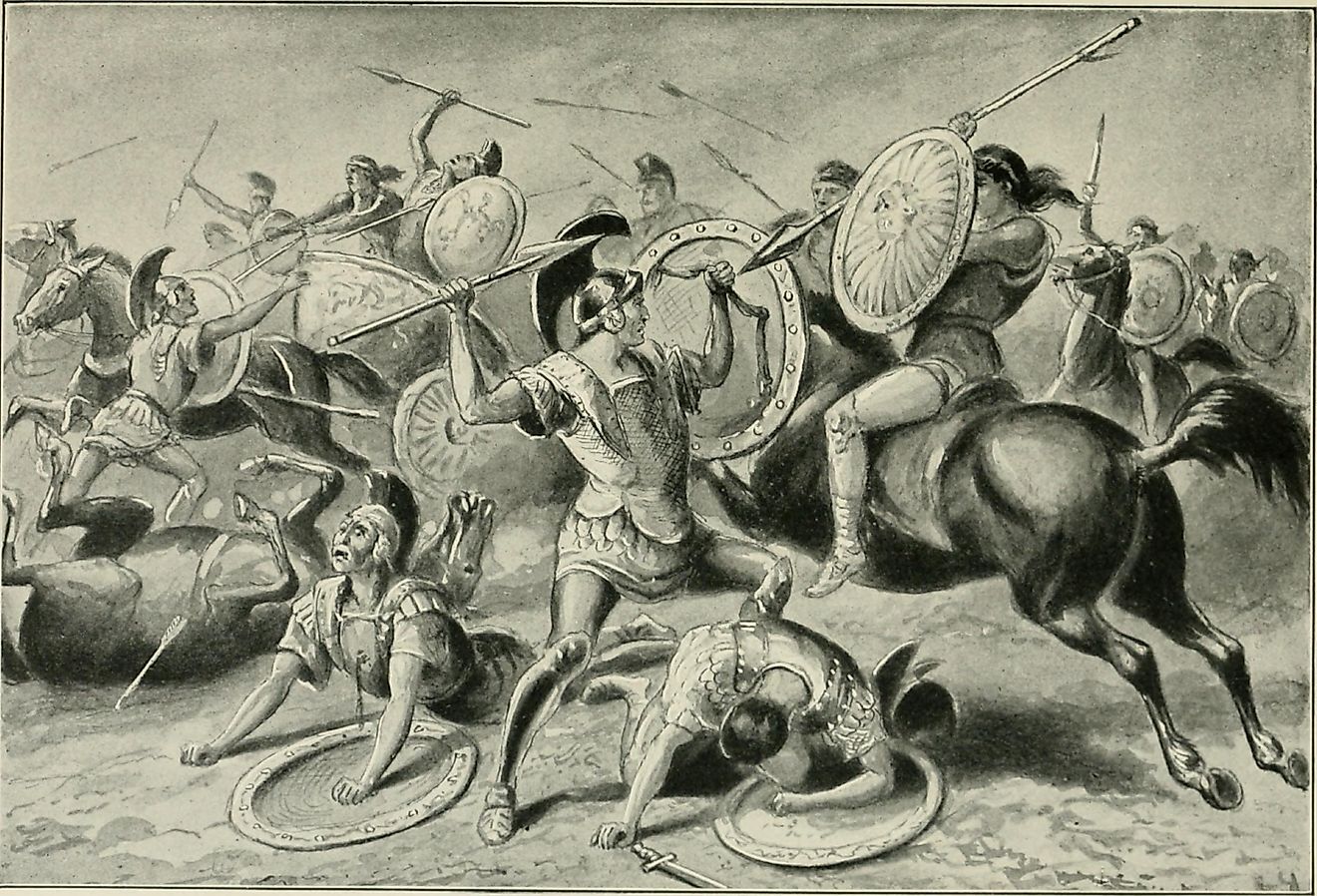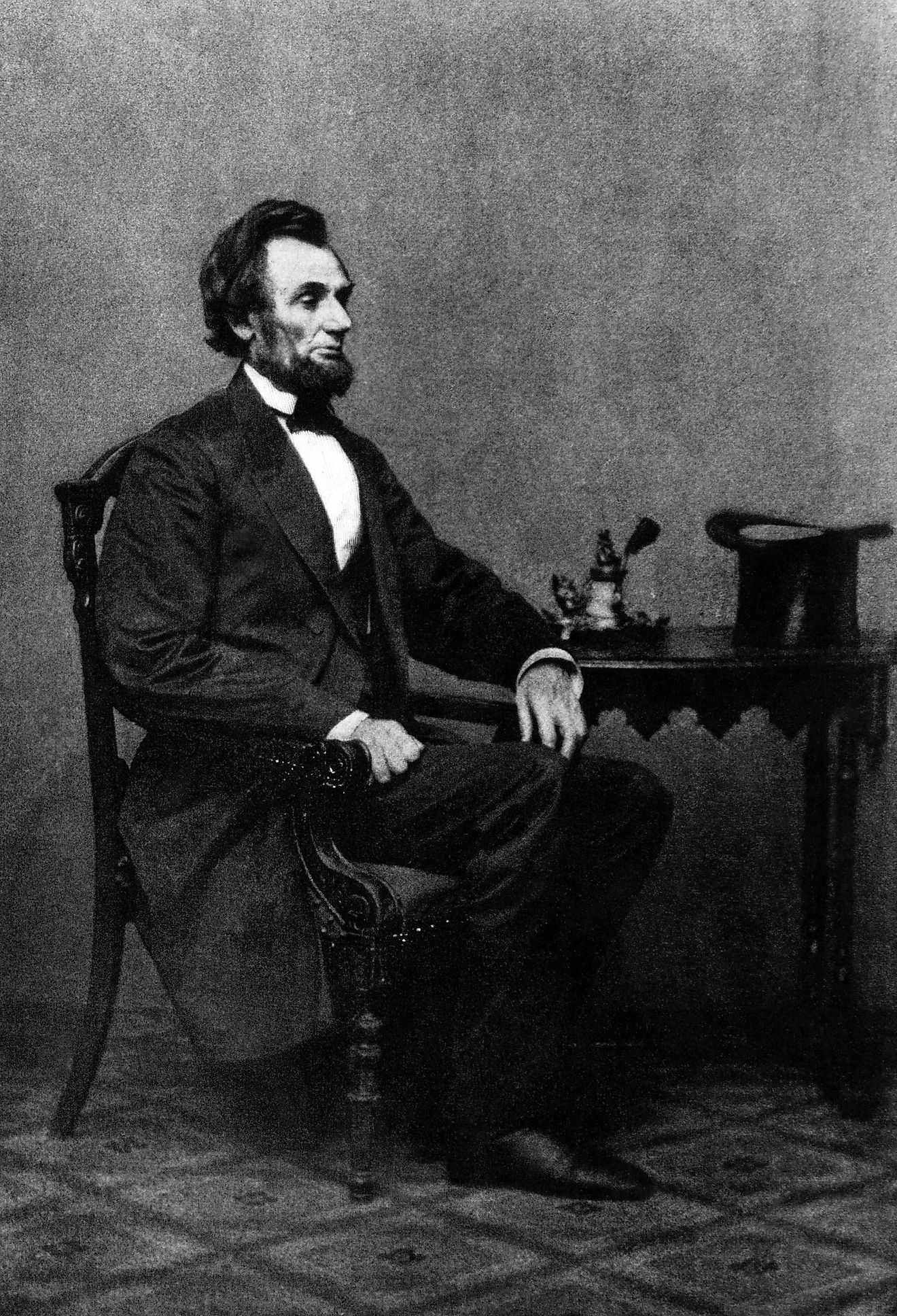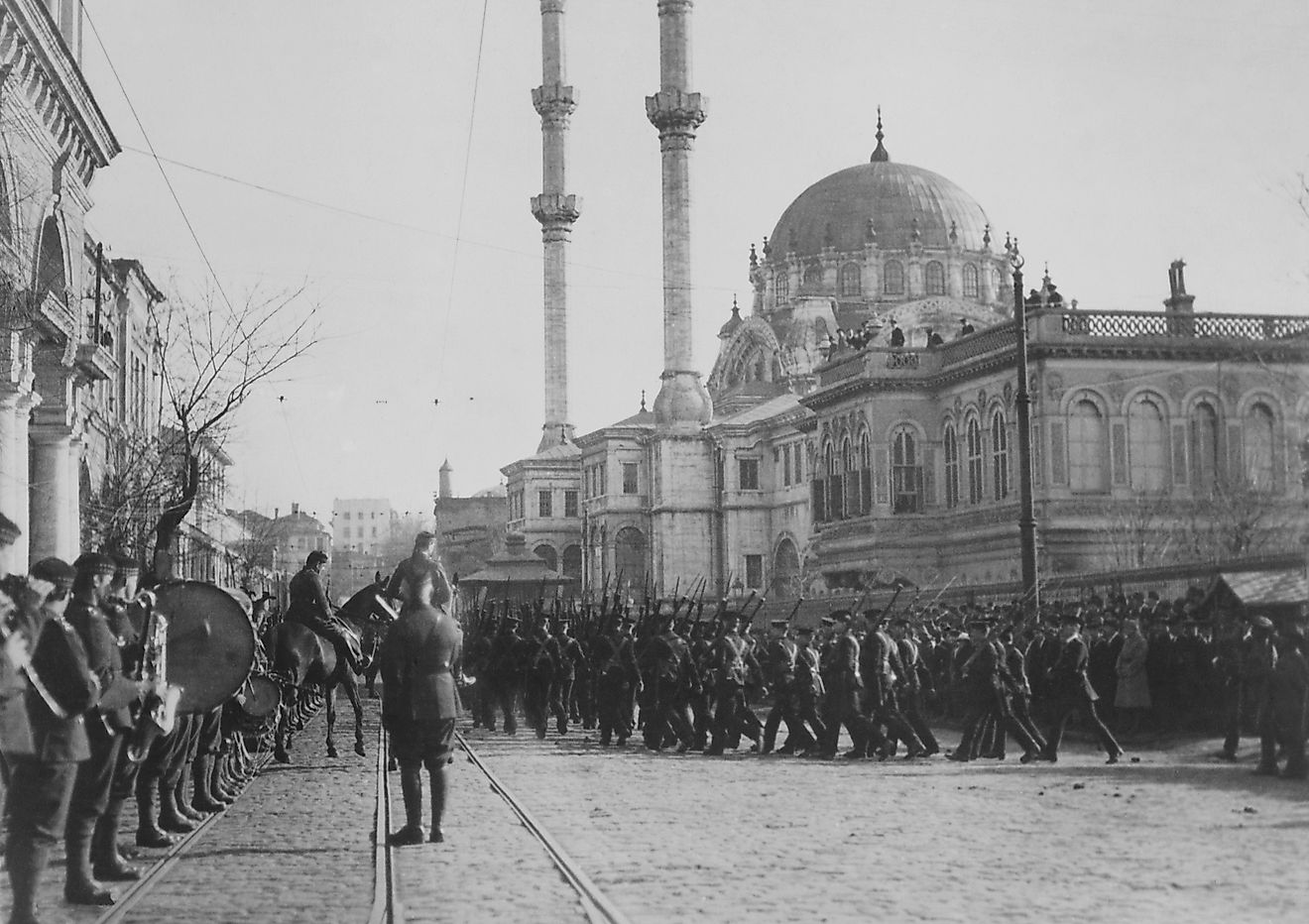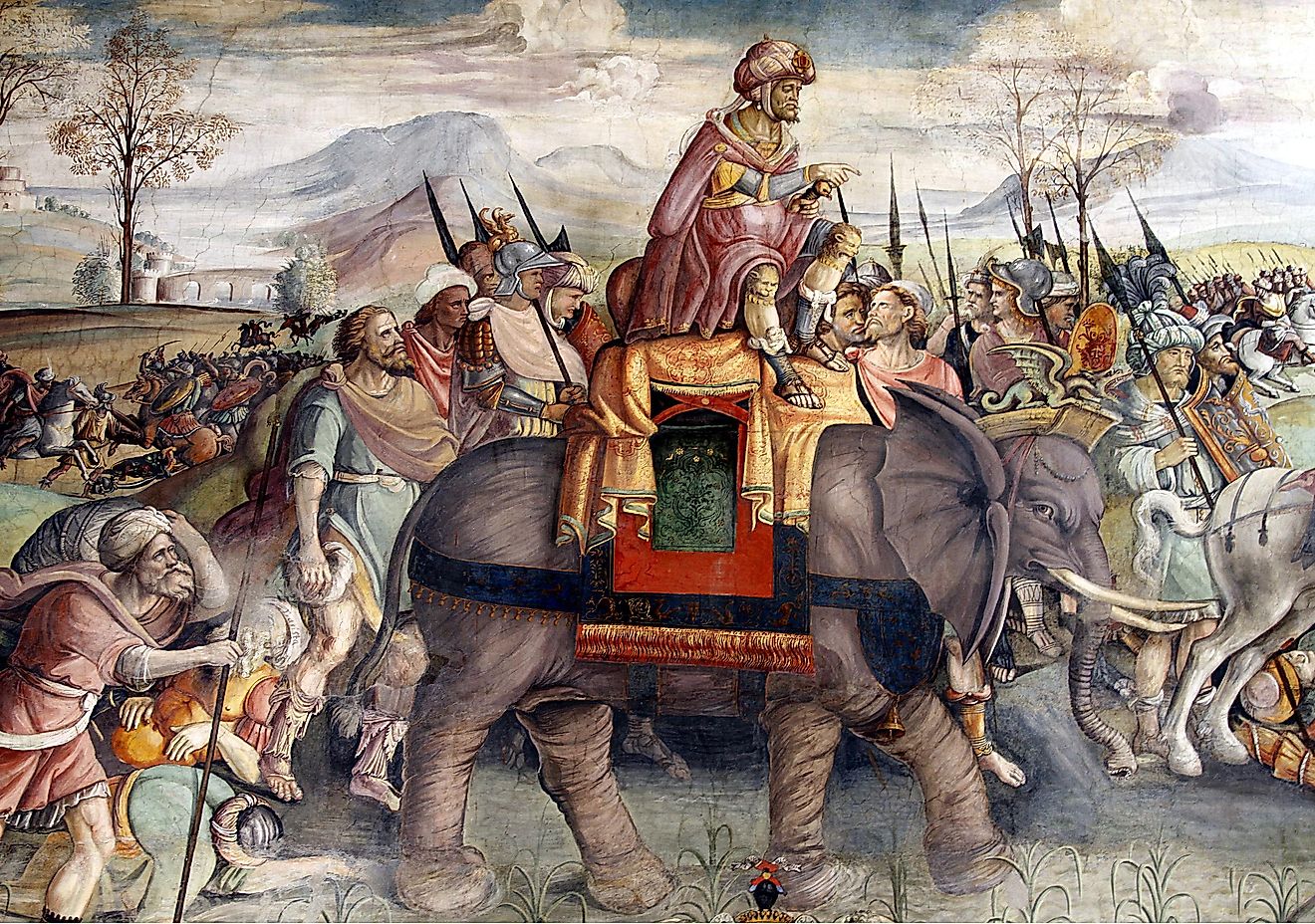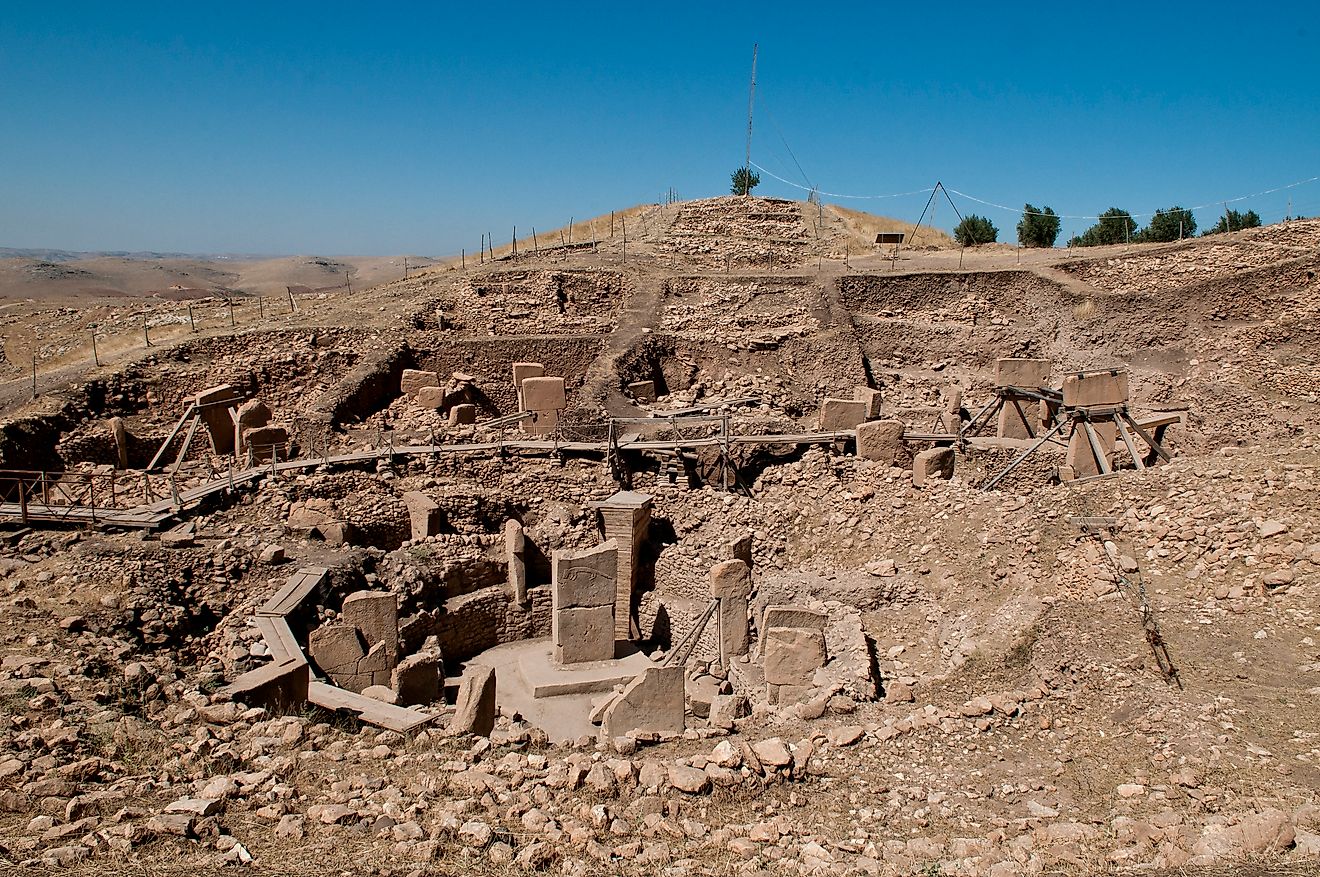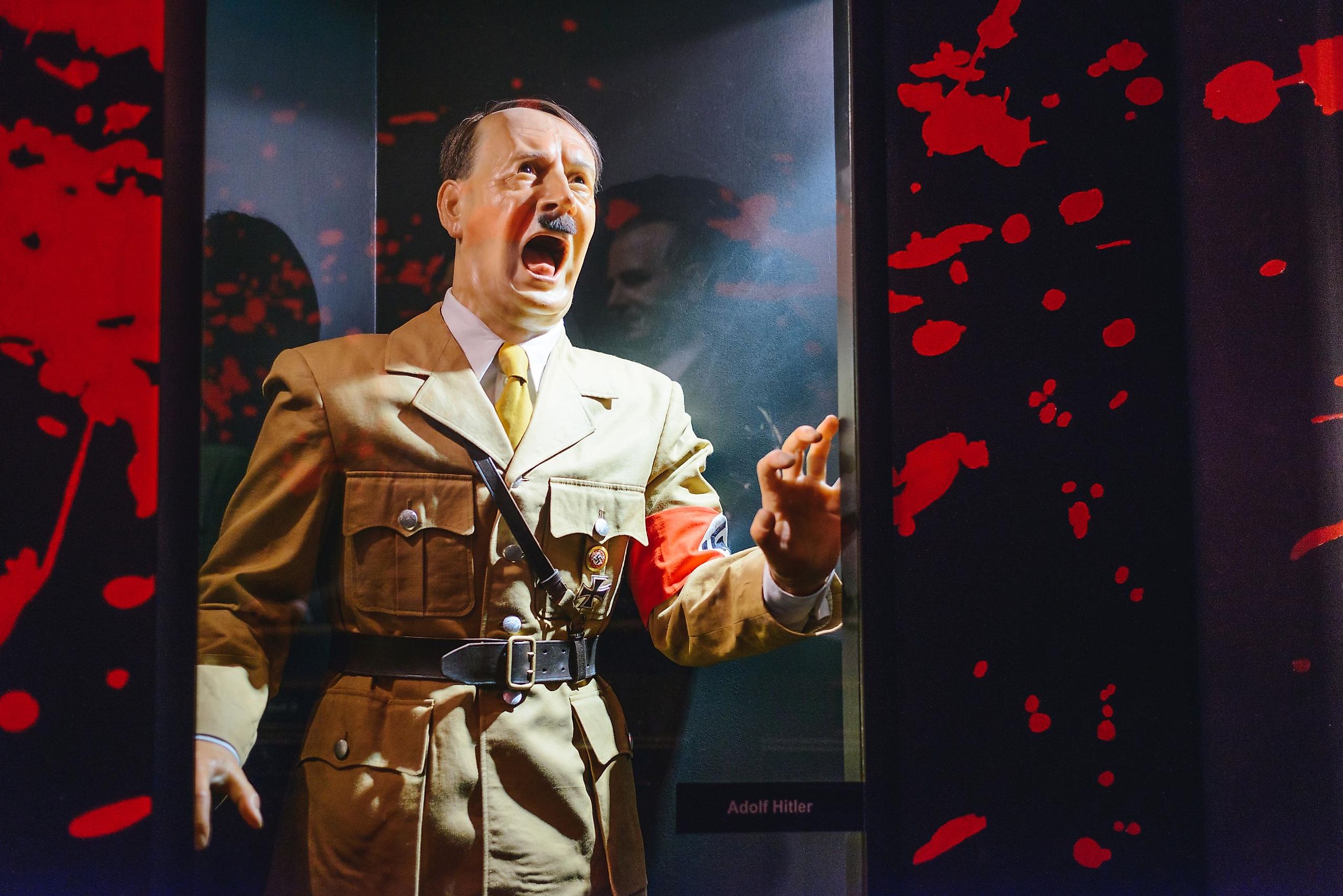
10 Reasons Why Hitler Lost WW2
On September 1, 1939, Germany invaded Poland, marking the beginning of World War Two. Despite initially seemingly unstoppable, quickly overtaking most of Western Europe in 1940 and invading the Soviet Union in 1941, the German Army (also known as the Wehrmacht) was eventually beaten in 1945. However, the reasons Germany lost are fascinating, making it worthwhile to investigate them further.
Failure To Eliminate The United Kingdom
As the Wehrmacht quickly swept through Denmark, Norway, the Netherlands, Belgium, Luxembourg, and France, British and French forces found themselves surrounded at Dunkirk in May 1940. But, for some reason, the Germans never closed in for a final attack. Hitler asserted it was to give the United Kingdom (UK) time to negotiate a peace treaty, and historians often argue it was due to the Führer's disinterest in the Western front. Regardless of the reason, this hesitation made it possible for the British to evacuate over 300 000 Allied troops.
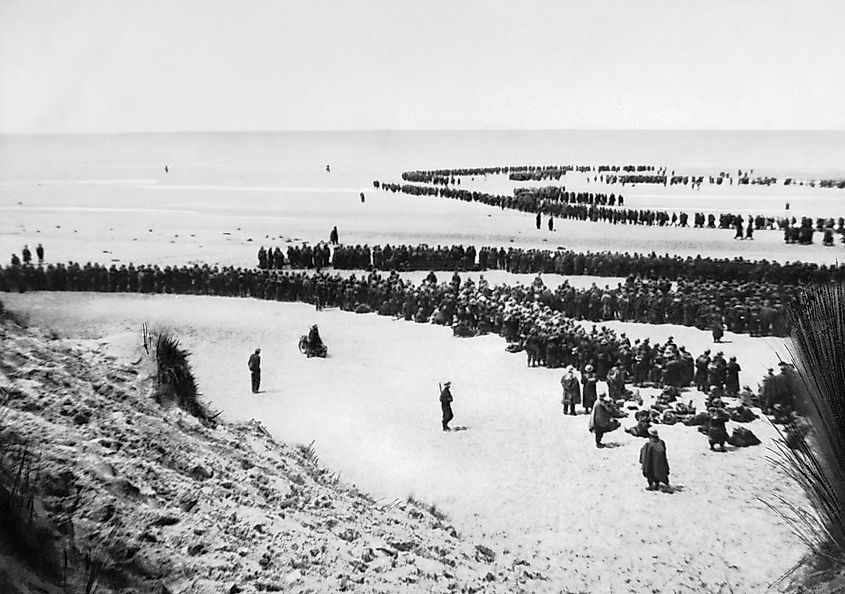
Hence, while temporarily weakened, the evacuation at Dunkirk meant that the UK was not eliminated from the war. This would prove problematic for Germany since Hitler's aspirations in the east meant that a two-front war was almost inevitable. Thus, when the Allies made incursions back onto the continent, first in Italy in 1943 and then in France in 1944, German defenses were thin, making them unable to repel the attack.
Operation Barbarossa
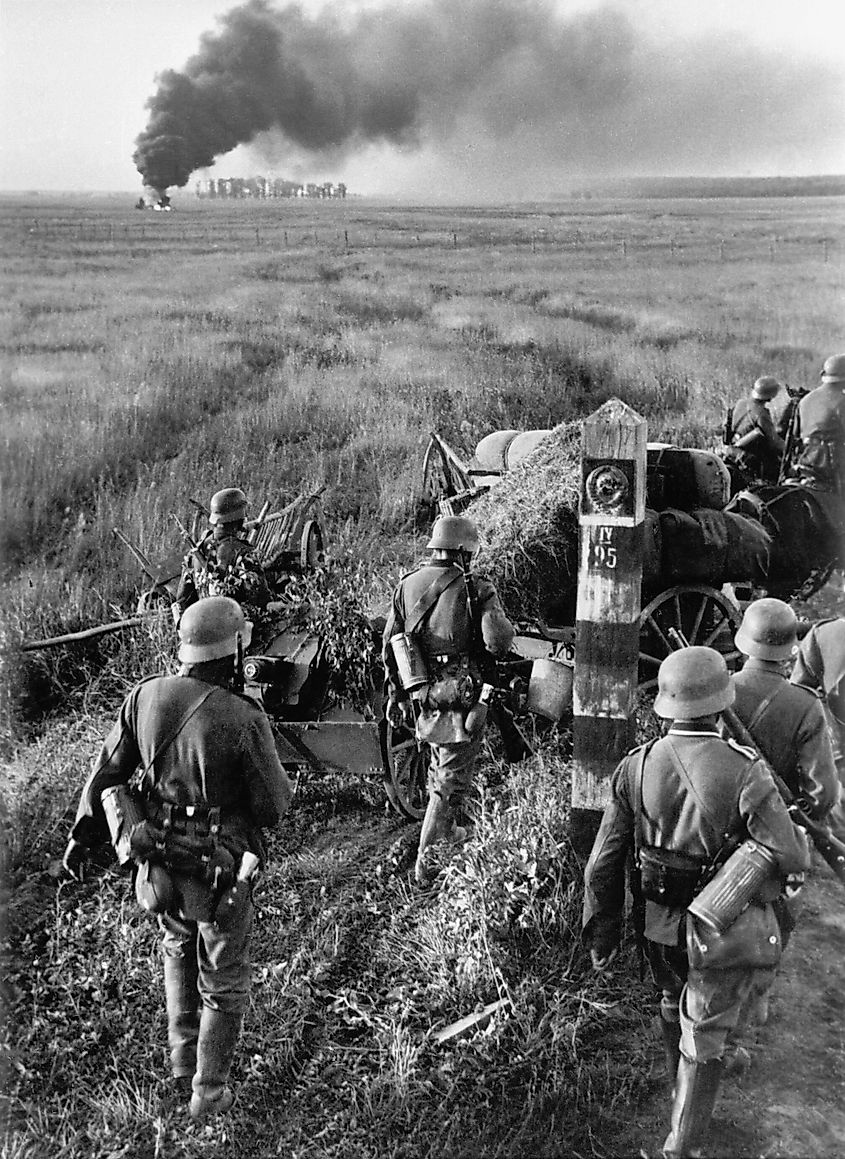
On August 23, 1939, Nazi Germany and the Soviet Union (USSR) signed a non-aggression pact. They proceeded to invade Poland the following month, with Germany taking over the west of the country and the USSR occupying the east. These initially friendly relations would not last. Indeed, anti-Slavic racism was a core component of Hitler's worldview, as was Lebensraum (living space), the notion that Germans should occupy and settle in the east. Therefore, on June 22, 1941, Germany invaded the Soviet Union. Known as Operation Barbarossa, the attack initially went well, with the Wehrmacht making steady inroads. However, the sheer scale of the country and resources available to the Soviets meant that, despite a weak beginning, a long-term war favored the USSR. This war became a problem for the German Army as winter fell, and it got bogged down in several notable battles.
The Failure Of Moscow
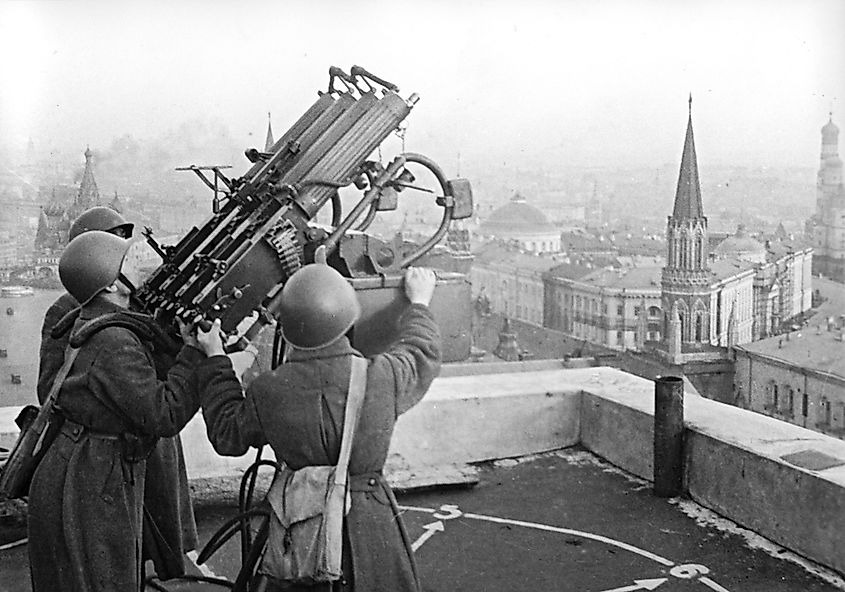
When Germany invaded the Soviet Union, the army was divided into three groups, Army Group North, Army Group Center, and Army Group South. Army Group Center's objective was Moscow, and by November 1941, they had reached the city's outskirts. However, the November 7 Revolution Day parade buoyed the spirits of many Soviet citizens, giving them the will to keep fighting. When combined with General Georgy Zhukov returning from the east to command the Red Army divisions defending Moscow, the Wehrmacht was beaten back by January 1942. This loss was the first major setback for Germany, ending all hopes of a short war in Russia. It also led to Field Marshall Walther von Brauchitsch being replaced by Hitler himself, which, as demonstrated later, further contributed to Germany losing the war.
The Battle Of Stalingrad
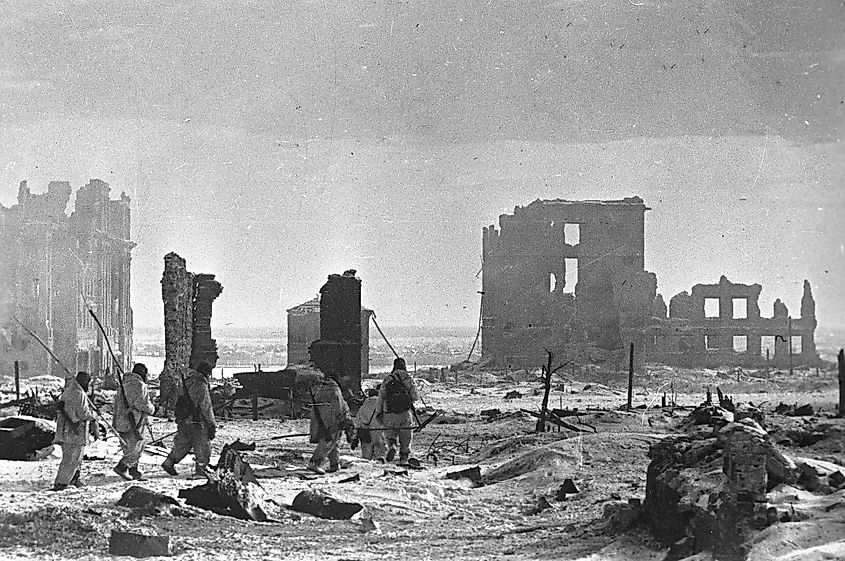
While Army Group Center was struggling in Moscow, Army Group South rapidly advanced, quickly taking Ukraine and then attacking the southern Soviet city of Stalingrad (known today as Volgograd). By October 1942, Stalingrad was almost entirely occupied by the Nazis. But, as winter fell, German morale dropped. Furthermore, the Soviets then launched a massive counterattack when two prongs of the Red Army linked up about 50 miles north of the city, thereby surrounding the Germans. All this resulted in the Soviets completely retaking Stalingrad by February 1943. This battle was the beginning of the end for Germany, as the Wehrmacht was consistently on the defensive from this point onwards.
Entry Of The United States
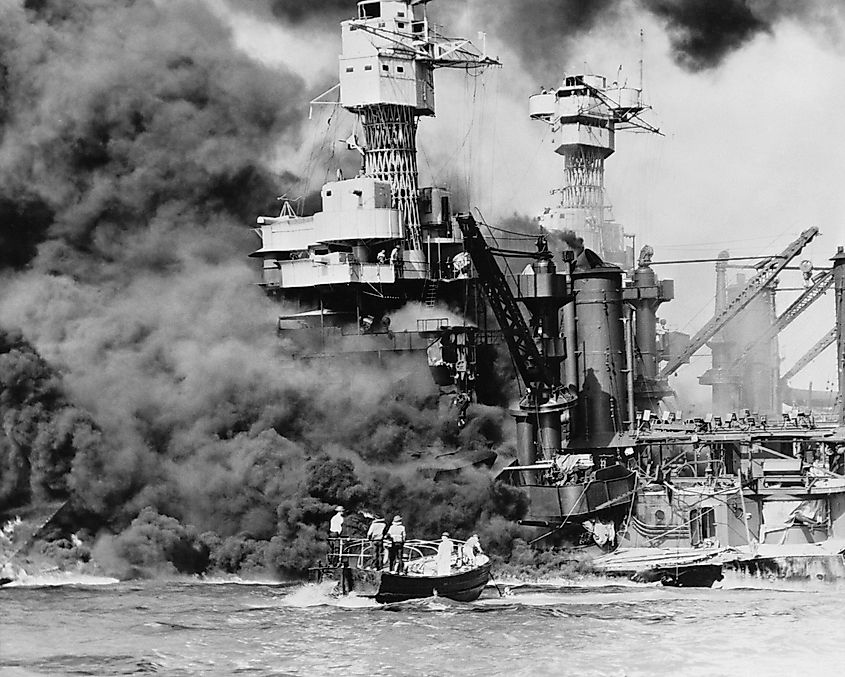
On December 7, 1941, Japan attacked the Hawaiian naval base of Pearl Harbor, bringing the Americans into the Pacific theater of World War Two. Despite being allied with Japan, Germany was under no obligation to declare war on the United States. Nonetheless, for reasons still debated amongst historians, Hitler did so in a speech to the Reichstag on December 11, 1941.
This declaration was a major strategic error. The United States' military and industrial capacity was far greater than Germany's, with its annual gross domestic product (GDP) being more than 1.5 times higher than all of the Axis powers combined. In other words, the American entry into the European theater more or less guaranteed Germany's defeat. The pivotal role they played in the invasion of Normandy, which contributed significantly to the end of the war, indicates this point.
Italy's Incompetence
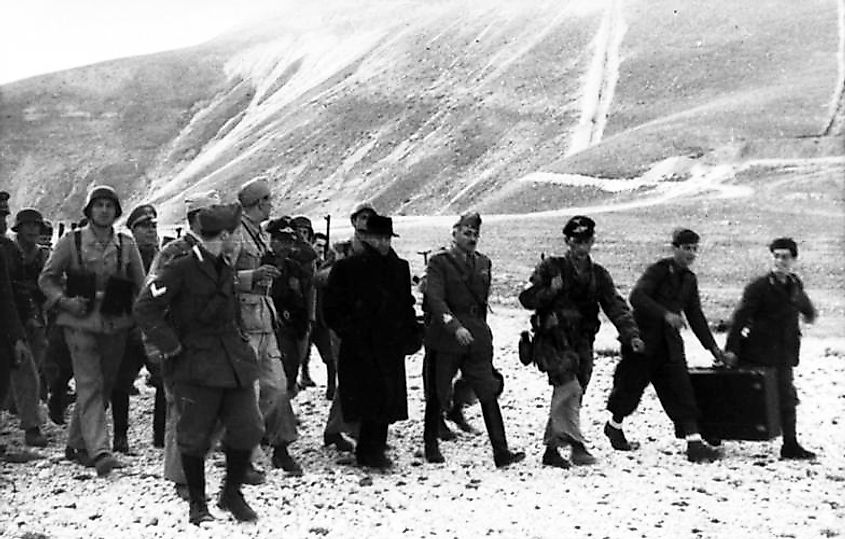
Following Mussolini's March on Rome in October 1922, Italy turned fascist. However, in sharp contrast to Nazi Germany, Mussolini's regime was largely incompetent militarily. Hence, when Germany invaded Poland in September 1939, Italy found itself unprepared, only joining the war when it became clear that France would fall. The Royal Italian Army then got involved in North Africa and the Balkans, facing enormous difficulties in both campaigns and forcing Germany to bail them out--expending valuable resources in the process. Furthermore, in 1943, following the Allied invasion of Sicily and Mussolini being arrested, German troops rescued the dictator and installed him as a Nazi puppet in northern Italy. Italian partisans later executed him in April 1945. In short, Italy proved to be far more of a hindrance than a help, forcing Germany to divert people and resources away from the more important theaters of war.
The Battle Of Kursk
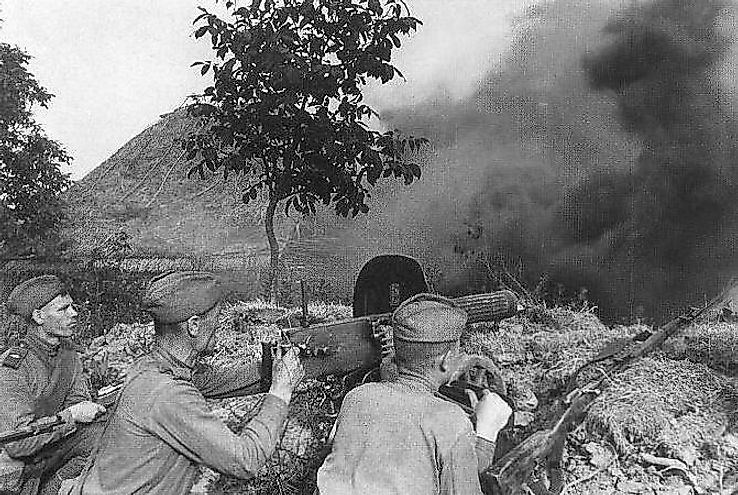
As the Wehrmacht was being pushed back following Moscow and Stalingrad, Hitler thought that retaking the city of Kursk on the Russian-Ukrainian border would boost morale and bolster support amongst Germany's allies. Therefore, the Battle of Kursk occurred from July to August 1943. Despite the Soviets losing more soldiers than the Germans, the attack failed. This failure was partially due to the Allied invasion of Sicily beginning at the same time, forcing Hitler to divert troops away from the east. In the end, this battle was the last major German offensive of the war, meaning that the Nazis could no longer possibly reverse their fortunes via traditional military means.
Hitler's Role As Commander In Chief
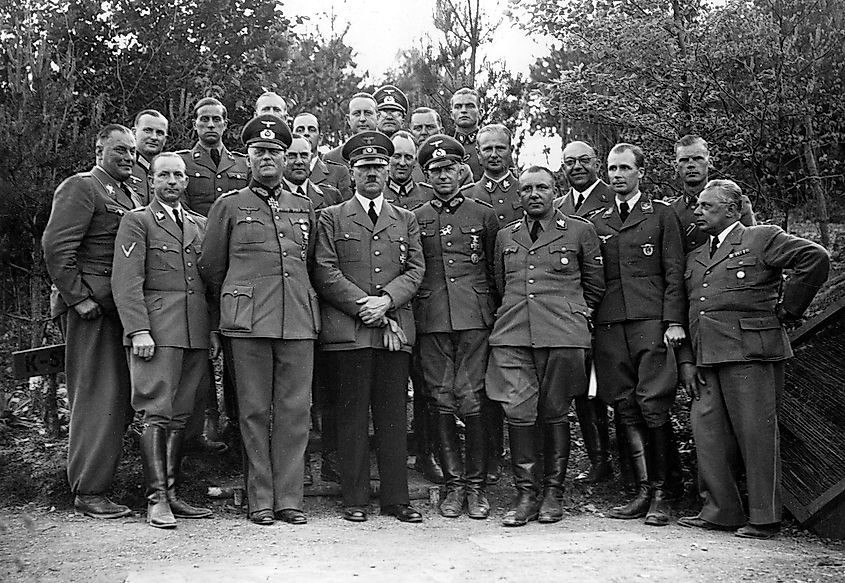
Particularly following Operation Barbarossa, Hitler began to distrust his generals and thereby started to bypass them. For instance, as previously noted, after the Wehrmacht failed to take Moscow, Hitler replaced Field Marshall Walther von Brauchitsch with himself. Furthermore, even though his military advisors recommended retreating at Stalingrad, Hitler insisted that the army dig in--leading to most soldiers in Army Group South being captured or killed. The Führer ultimately fell out with all his chiefs of staff, 11 out of 16 field marshals, and 21 out of 40 generals. Thus, Hitler's belief in his own strategic genius led to eliminating most military expertise, undoubtedly hastening the end of the war.
Destruction And Nihilism
In Nazi-occupied territories, the Germans employed scorched-earth tactics, destroying anything that the Allies could possibly use. These methods proved problematic as the war went on since Germany needed resources to continue fighting. Moreover, by 1944, Germans troops were destroying their own infrastructure in an attempt to halt Allied advances. In March 1945, this took on an explicitly nihilistic purpose, with Germans being ordered to destroy absolutely everything. In other words, in the end, destruction occurred for the sake of destruction. However, it was this destruction that contributed to Germany losing the war in the first place.
Economics And Populations
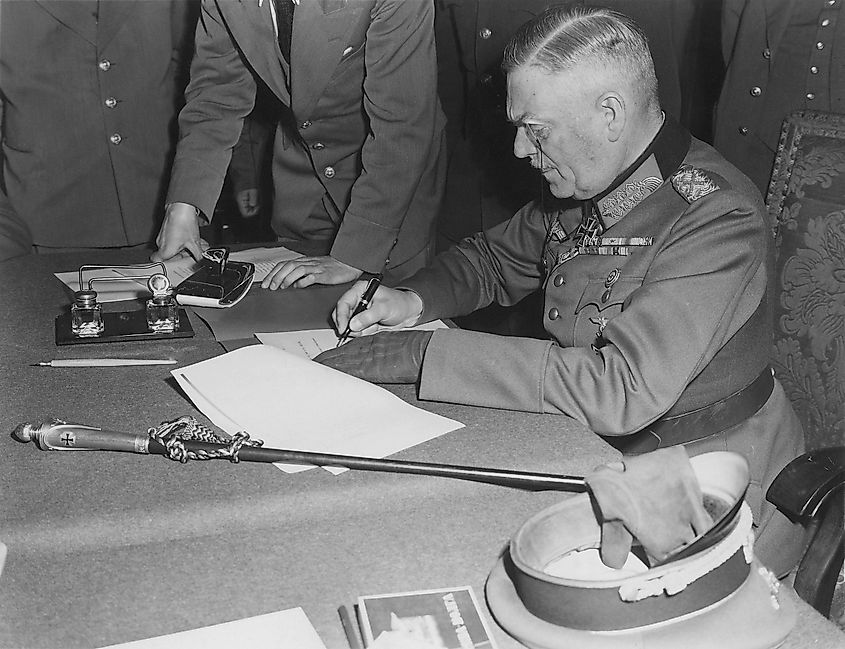
Perhaps the most important reason why Germany lost the war was economics. As previously noted, American GDP was 1.5 times higher than that of all the Axis powers combined. Moreover, the highly centralized nature of the Soviet economy made it so everything could be directed toward the war effort. Hence, while German tanks and guns were of much higher quality, the sheer amount of Allied military equipment overwhelmed the Wehrmacht. Finally, population differences put the Axis at a distinct disadvantage. Indeed, at the peak of the conflict, there were 26 million Allied men in uniform, compared to 17 million for the Axis. In short, all these economic and population-based factors meant that Germany had very little chance of winning a long-term war.
Germany lost World War Two for various reasons, with poor strategic planning, incompetence, and economics all contributing to its ultimate defeat. Thus, understanding these factors is important for completely comprehending the conflict.
